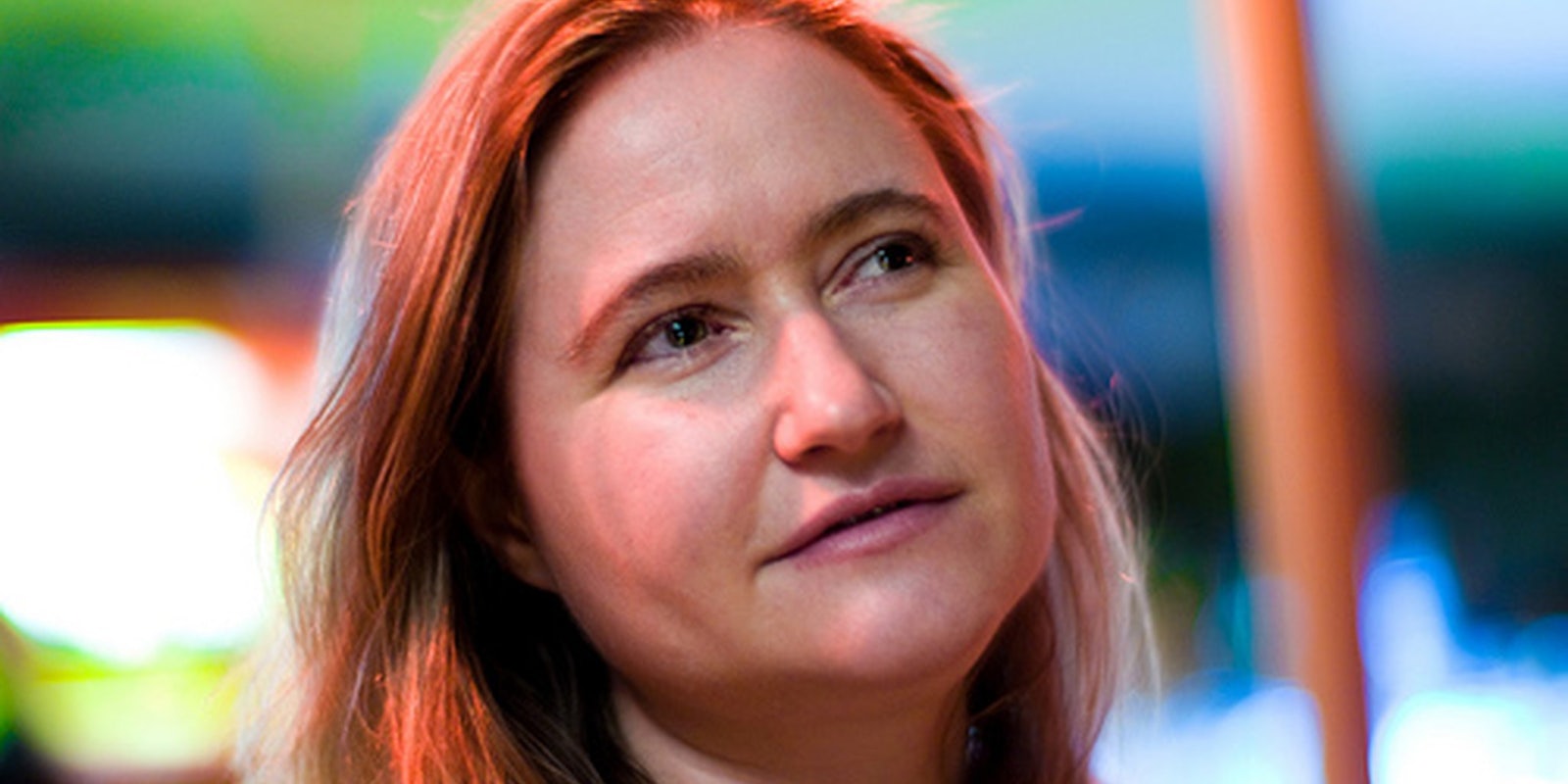Sure, Facebook’s great for remembering birthdays and farming fake crops, but does it also possess the power of a sovereign nation?
Rebecca MacKinnon, a former CNN bureau chief and co-founder of the blogger network Global Voices said yes, it does. But, she added , it doesn’t always use its power responsibly.
“Companies like Facebook are the sovereigns of cyberspace,” said MacKinnon in an interview with New Scientist. “Facebook exercises power by shaping the way you interact with the world. It makes decisions about what you can do and not do on its network.”
That’s all well and good when the only choices you make on Facebook are about whether or not to post that dancing otter video to your wall. But when people use it to ignite social change, the decisions made by Facebook have much farther-reaching consequences. MacKinnon describes what happened to some Egyptian activists when their page was deemed unacceptable by Facebook’s overlords.
“In November 2010, on the eve of a demonstration, one of their key pages was removed. Why? Because the page’s administrators were using a pseudonym, which is against Facebook’s terms of service. Fortunately they managed to get the page transferred to a US-based activist willing to use her real name. But that was lucky. The bigger problem is that Facebook and other global networks are setting rules that are ultimately based on commercial considerations, not on the rights and civil liberties of users.”
Facebook CEO Mark Zuckerberg advocates for an open and transparent world, but MacKinnon said that, for some, openness could cost them their lives.
“Tell that to activists in Egypt and Iran, or to women fleeing an abusive spouse. The rules of Facebook are based on how Zuckerberg thinks society should be, not how it is.”
Read the full interview here.
Image by Joi


